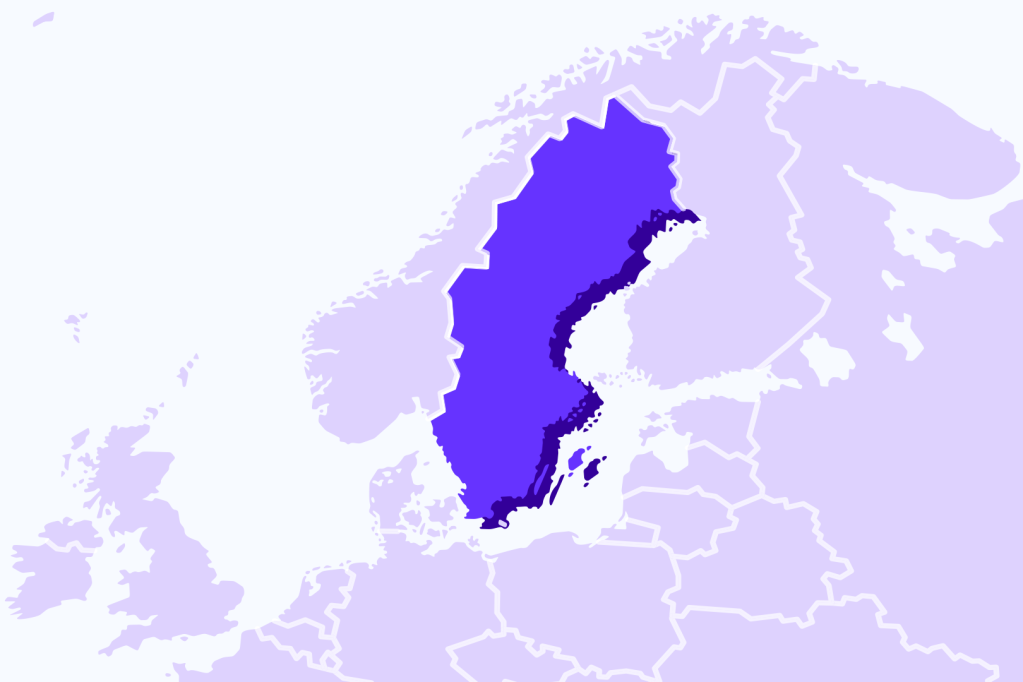Regulators
- Financial regulator: Finansinspektion – Financial Supervisory Authority
Finansinspektionen is the Swedish government agency responsible for the country’s financial regulation. It is responsible for the oversight, regulation and authorisation of financial markets and their participants. - Data protection authority: Integritetsskyddsmyndigheten (IMY) – The Swedish Authority for Privacy Protection
IMY’s role is to
Register for free to keep reading
To continue reading this article and unlock full access to GRIP, register now. You’ll enjoy free access to all content until our subscription service launches in early 2026.
- Unlimited access to industry insights
- Stay on top of key rules and regulatory changes with our Rules Navigator
- Ad-free experience with no distractions
- Regular podcasts from trusted external experts
- Fresh compliance and regulatory content every day













